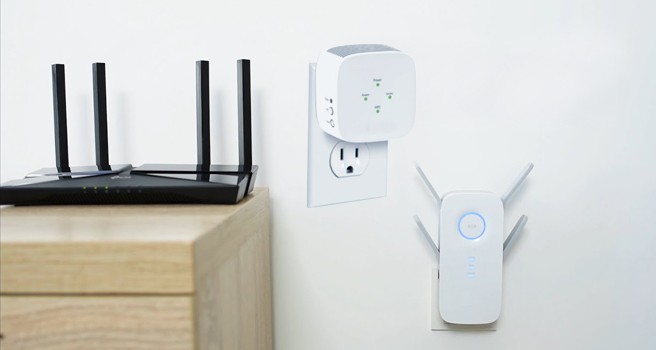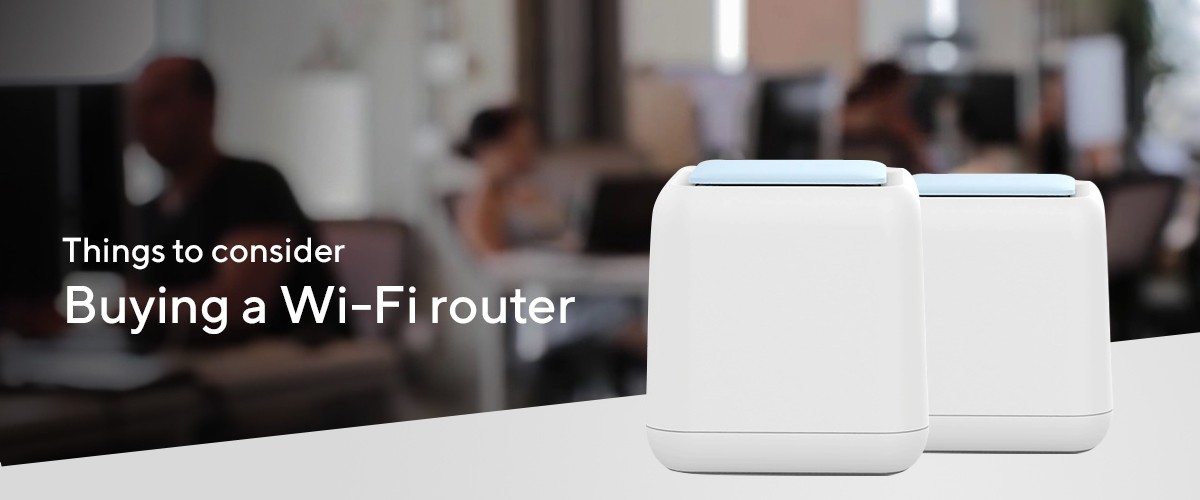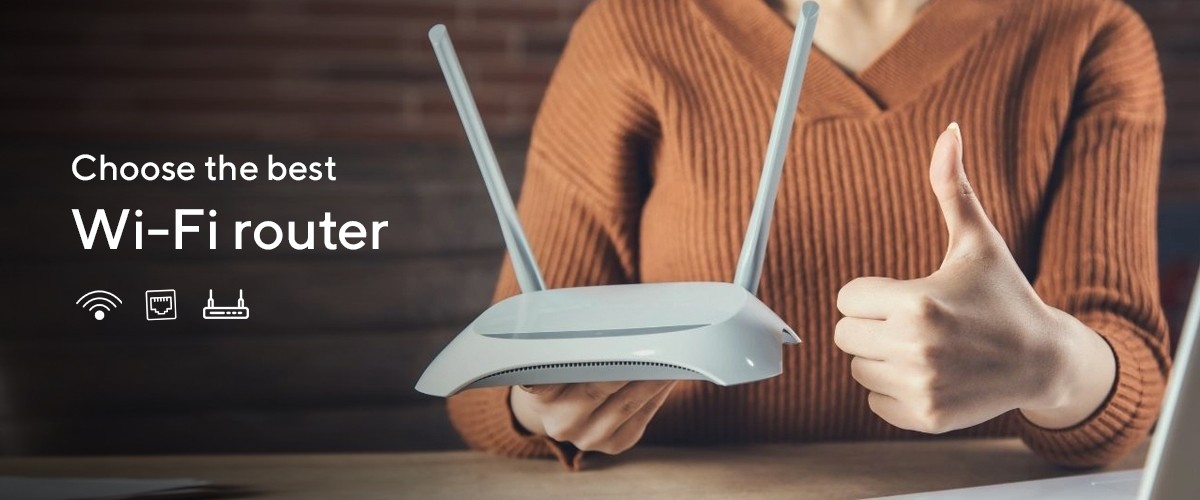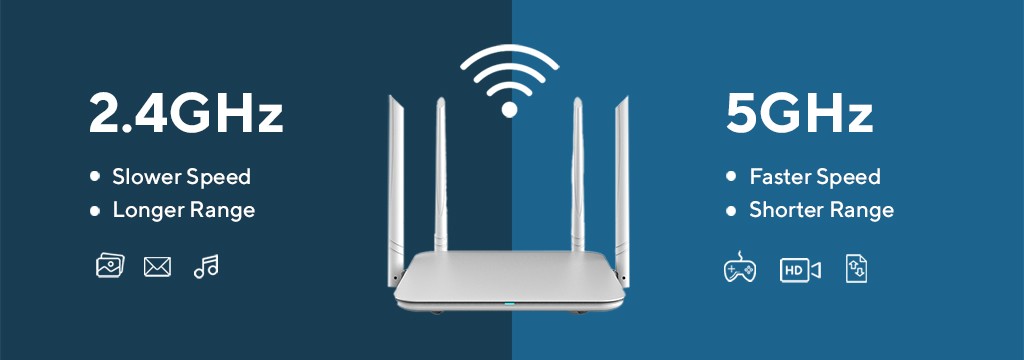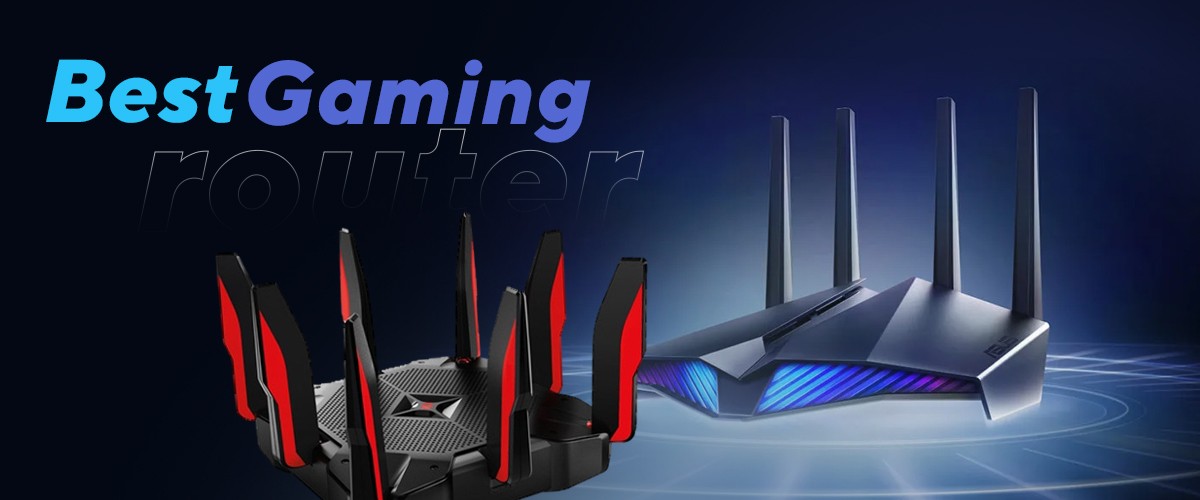A Wi-Fi extender is an accessory that can help expand your existing Wi-Fi network, when your primary router can’t cover the entire house. It can be an effective way to improve your Wi-Fi speeds without paying for a better internet plan. However, it’s not always the most efficient method.
Here’s a rundown on how Wi-Fi extenders work, including their pros and cons.
How Wi-Fi extenders work?
In principle, a Wi-Fi extender (also sometimes called a Wi-Fi repeater) is a simple device. It connects to your existing Wi-Fi network, and then duplicates and rebroadcasts it. By doing this, it extends the signal’s range to cover more ground.
You’ll set up the extender using either your phone or computer, going through an app or website to connect the router to your Wi-Fi network.
Wi-Fi extenders can boost the internet signals in your home – here’s how they work
A Wi-Fi extender is generally a small device that plugs into an AC outlet.Cristian Storto Fotografia/Getty Images
Typically, you’ll need to set up the extender midway between the Wi-Fi router and your dead zone – you need to be close enough to the router so it can connect to your network, but also near enough to areas that don’t have Wi-Fi that the new signal will be effective.
Wi-Fi extender pros and cons
Compared to upgrading your internet plan, Wi-Fi extenders are a generally cheap way to expand your Wi-Fi network. Here are some reasons to install one:
Advertisement
Wi-Fi extenders typically work with any existing router, so you don’t need to replace your router.
An extender can substantially increase the reach of your network – positioned in the right place, you can even get coverage outdoors, like in your backyard.
Extenders don’t take up much room. Most are one-piece devices that plug into an AC outlet and look like an oversized plug-in air freshener.
Wi-Fi extenders can boost the internet signals in your home – here’s how they work
Wi-Fi range extenders are smaller than regular routers.Amazon
That said, extenders aren’t always the right tool for the job. Here are some disadvantages of using an extender:
Most (but certainly not all) Wi-Fi extenders broadcast on a new Wi-Fi network with its own name. This might sound minor, but it means that you’ll need to connect to a different Wi-Fi network in one part of your home and a different network elsewhere. This can be inconvenient, so keep an eye out for extenders that rebroadcast on the same network name – or consider replacing your router instead of using an extender.
Although the extended network can stretch over a long distance, it’ll almost certainly have less bandwidth than the original router. This can mean lower speeds than you expect. If consistently high network speed is important to you, you might want to consider a mesh network, which can deliver a substantially larger network without needing an extender.
 Free Express Shipping
Free Express Shipping





